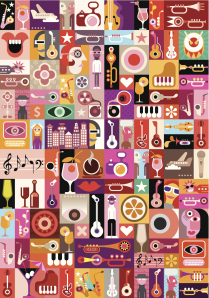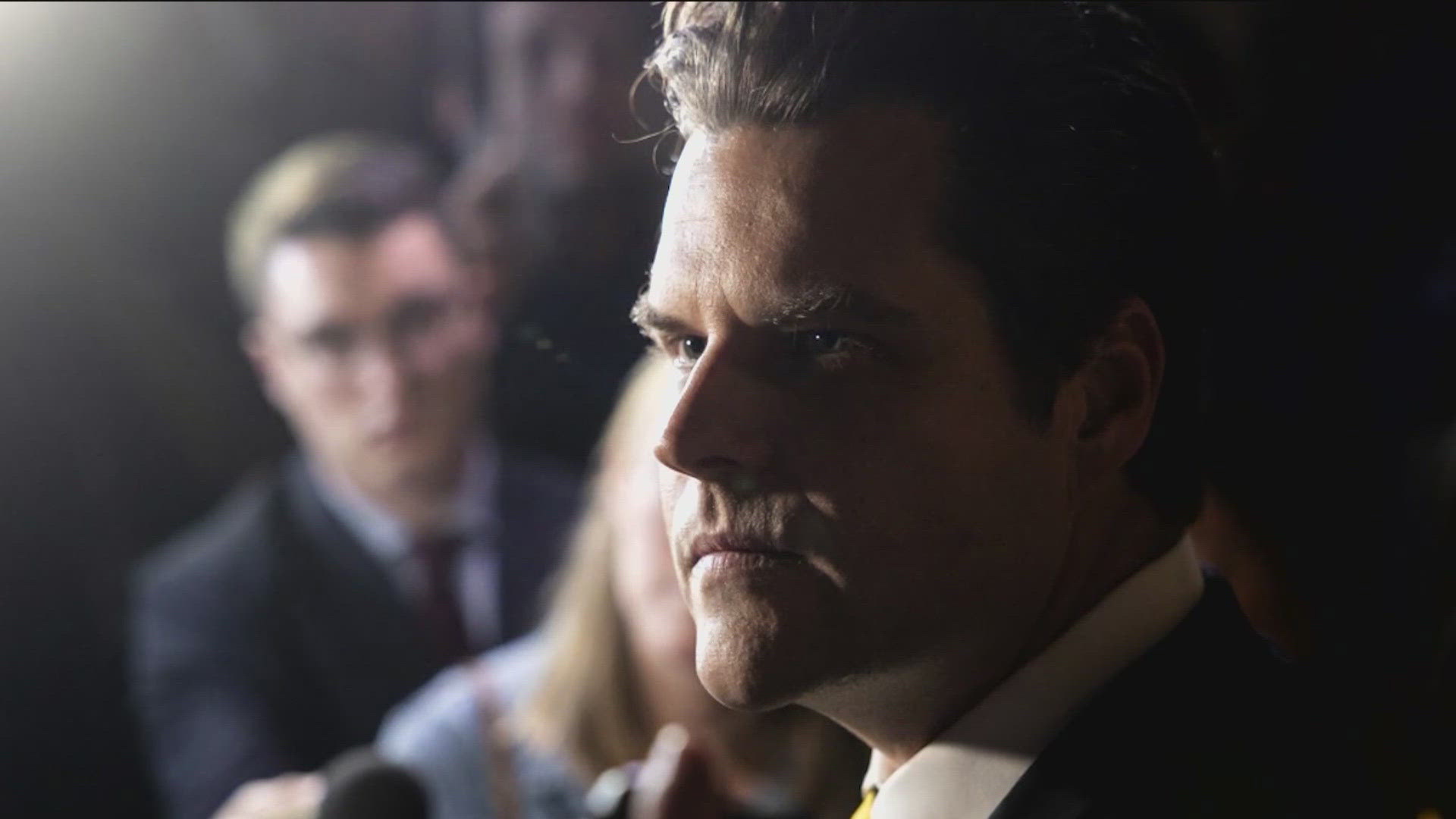![488281261 [ID=11389905]](http://moc-assets-prod.gannett-cdn.com/-mm-/ce199f24f26390dedfadffa41481a77d47345ed7/r=280x400/local/-/media/KVUE/KVUE/2014/06/25/1403754830000-488281261.jpg)
High school seniors are used to stressing about college applications, essays, SAT scores and anything else related to the college application process. But for students who want to study music, those are just baby steps leading up to the big, scary, anxiety-filled audition day.
Years of practicing your craft will inevitably come down to about five minutes in front of a panel of judges.
One way to decrease this audition anxiety is to target colleges that fit your specific career goals. College Factual applied their rankings methodology to determine the top 10 music schools in the United States — so if you are hoping for a career in music, consider these college options.
Editor's Note: College Factual bases college rankings by major on a unique selection of characteristics, including the quality of the overall school, Focus Coefficient and the starting and mid-career salaries of graduates within the major, among other factors.
1. Southern Methodist University
The high amount of financial aid afforded to undergraduates as well as the large number of students majoring in music earns this Dallas college the #1 spot. SMU's Meadows School of the Arts focuses on fostering artists' abilities as both musicians and community influencers within a concentrated environment. Georgia Sackler, a rising sophomore Voice Performance major with a minor in Musical Theatre, says the program's small size affords her opportunities she wouldn't have at other institutions. "What I've found most enriching about studying music in Meadows is the individual attention I receive…This is also a testament to the incomparable instructors with whom I have been fortunate enough to study," says Sackler.
2. Boston College
Of these 10 schools, Boston College boasts the highest starting salary for music graduates at $60,000 per year. BC allows students to double major in other fields if they so choose, or to use electives to gain more experience on stage. There are several active ensembles students can participate in through the music school as well, ranging from a cappella groups to an Irish fiddle, twiddle and dance ensemble.
Princeton University
3. Princeton University
Since Princeton holds the #8 spot as the best overall college in the U.S., the University will give you a wonderful education regardless of your major. The music school offers a major in music as well as a certificate through the Program in Musical Performance, which is perfect for students who want to focus on another field of study outside of Princeton's esteemed music school.
4. Yale University
Yale comes in at the #4 best college overall as well as the #4 music school. With a student to teacher ratio of 6:1, students can expect to enjoy small classes created through an arranged partnership with the school's undergraduate major and the graduate professional program. Studying here for your undergrad is a great way to potentially transition to Yale's esteemed graduate school, which only admits about 200 students per year.
5. Stanford University
This degree comes with a lofty price tag, but since Stanford provides students with enough financial aid to rank in the 20th percentile amongst all colleges in the U.S., you may not have to foot the entire bill. The music program focuses on the "Western, classical tradition," however, students can choose a concentration in performance, conducting, composition or music history/theory.
6. Cornell University
With three Pulitzer Prize winning graduates to its name, Cornell offers a competitive and distinguished music program (which should be enough to help you get past the weather conditions in the area.) The curriculum focuses not only on traditional music, but also on modern styles such as jazz and rock n' roll. The Cornell Electroacoustic Music Center, opened in 2006, mirrors the school's passion for experimental music, as it provides students with five studios and a 14-station teaching lab as well as several other recording spaces.
7. Brown University
Brown offers undergraduates a Bachelor of Arts in music with three areas of concentration to choose from: a theory, history and composition track, an ethnomusicology track and a computer music and multimedia track. Eligible undergraduates are also given the opportunity to take on some graduate level courses.
8. Duke University
Duke's music program provides a comprehensive education in performance, theory, history and ethnomusicology. The undergraduate program exposes students to a wide-range of musical knowledge to prepare them for potential graduate work within a more concentrated field of study.
9. Columbia University
Columbia University
Columbia University in The City of New York allows students to define their own music education with various schooling options, including a partnership with Juilliard in which students can participate in The Exchange or The Joint Program. The Exchange lets students take instruction at Juilliard, but disallows them from participating in ensembles or classes. The Joint Program, however, allows students to receive a B.A. from CU as well as an M.M. from Juilliard in only five years.
10. College of William and Mary
William and Mary's music students study their art within the context of a broader liberal arts curriculum. The school offers a diverse set of classes, although the majority of its teachings are rooted in classical music. About 25% of William and Mary students are involved in the school of music at some point in any given semester, whether that's through performing in an ensemble or taking a class as an elective. For more college rankings, ratings and information on majors, explore College Factual.




